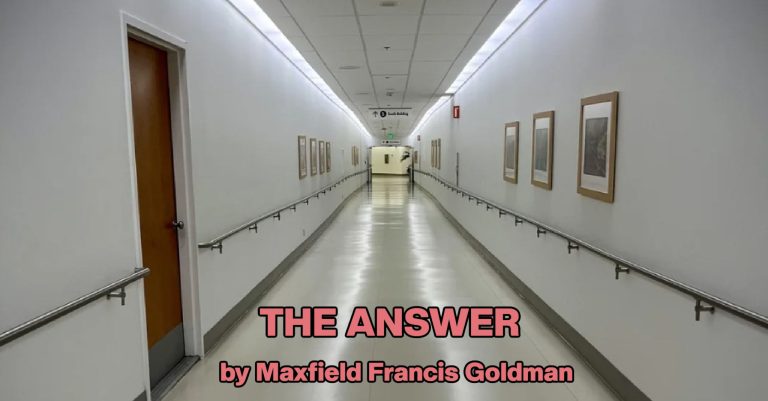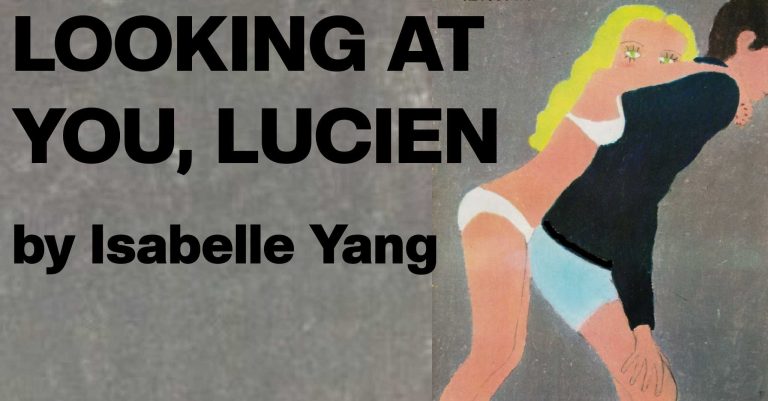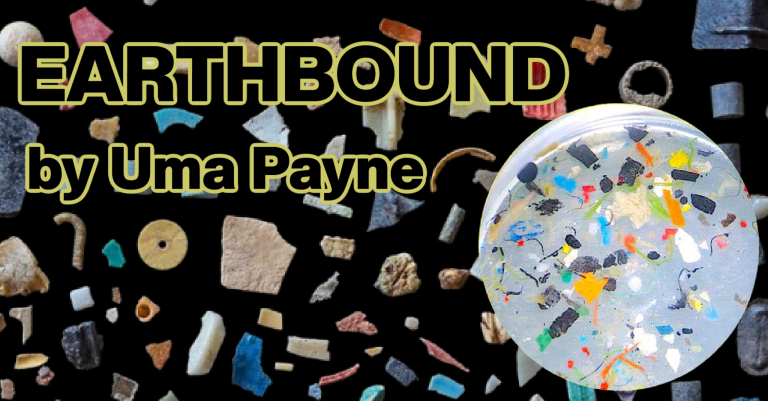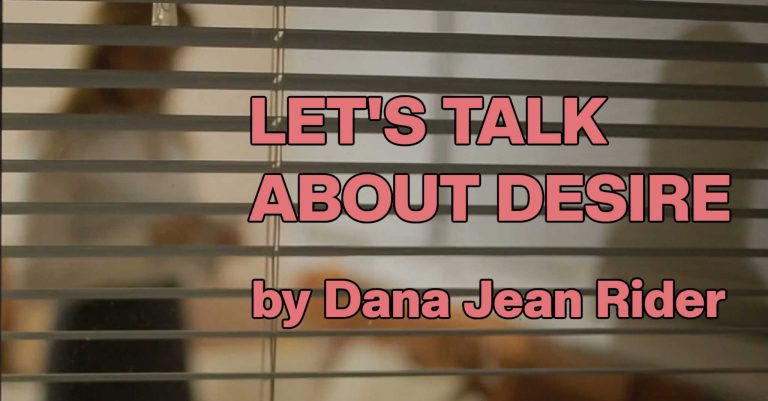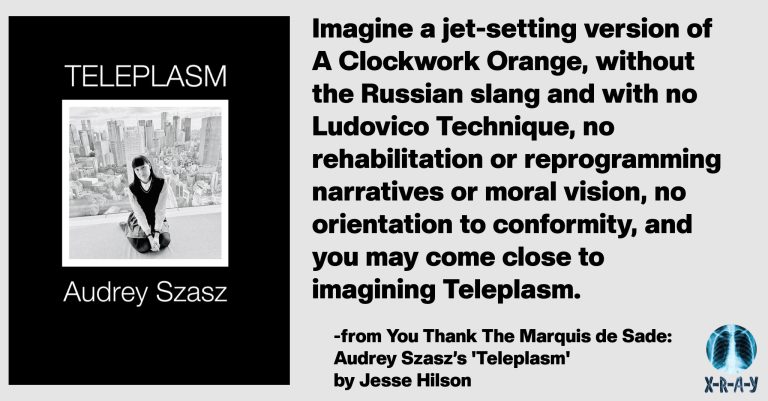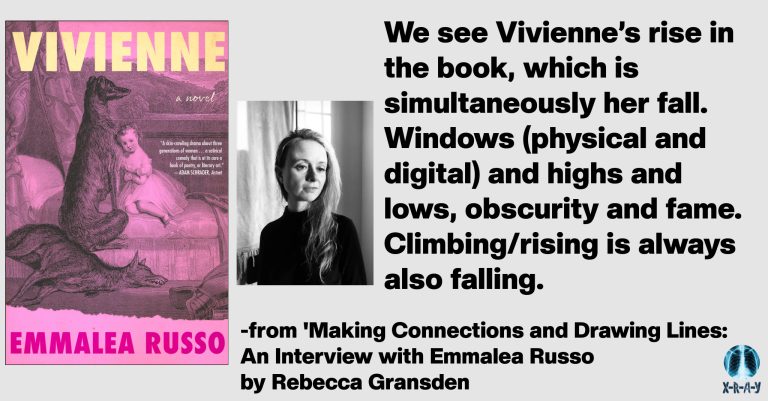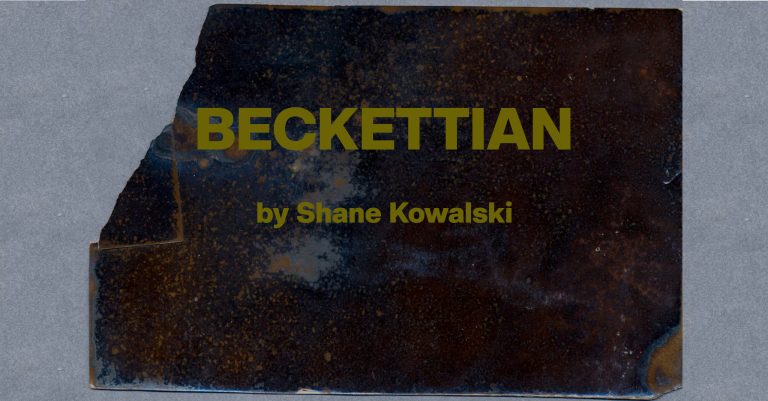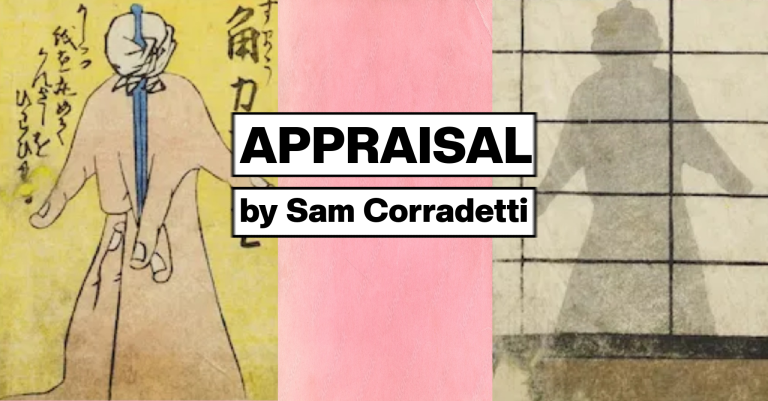
APPRAISAL by Sam Corradetti
I’m the ripped jeans and dirty flip-flops type. Vaselined lips, no eye liner. Zip-up hoodies and flannels looted from my father’s closet keep me mostly covered, worn loose enough to capture the coveted sirs and young mans while I navigate crowds at the deli counter. Weddings, however, mean dresses. As a bridesmaid, I am spared the search for some tolerable combination of lace, sequins, tulle, fringe, satin. Every detail of dress, hairstyle, jewels, shoes, nails, lip gloss, panties, and—ugh—strapless bra has been mapped out for me. The other bridesmaids crowd me, brandishing mascara wands and crimpers and elastics and hairspray


